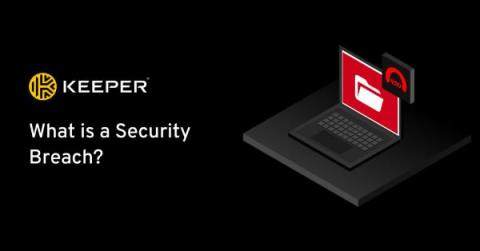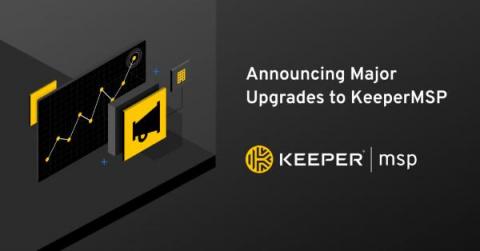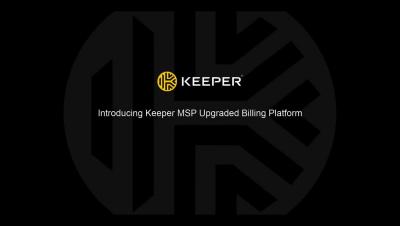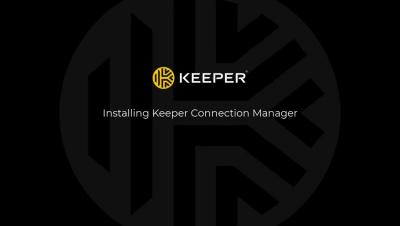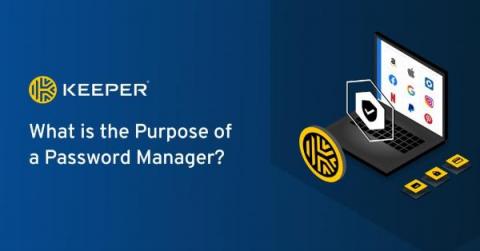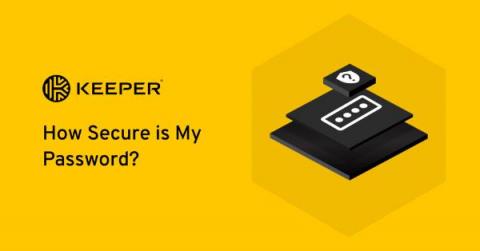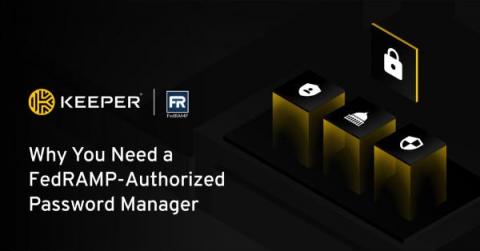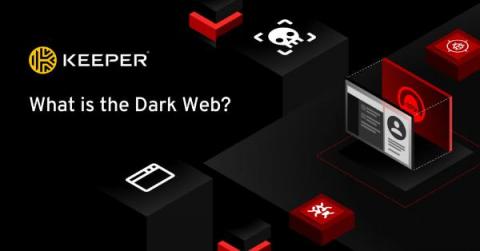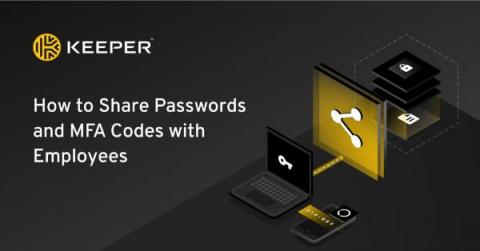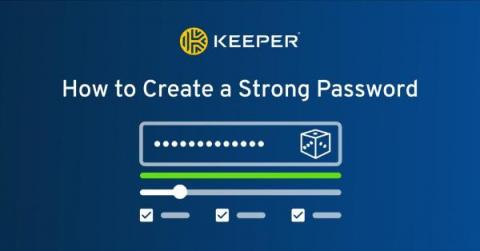What is a Security Breach?
A security breach is when an incident occurs that results in unauthorized access to sensitive data, applications, networks or devices. Typically, when a security breach happens the intruder is able to bypass security measures that were put in place to keep them out. As a result of a security breach, a company or organization’s public image suffers, which can lead to the company losing money. The company or organization could also suffer legal consequences.


